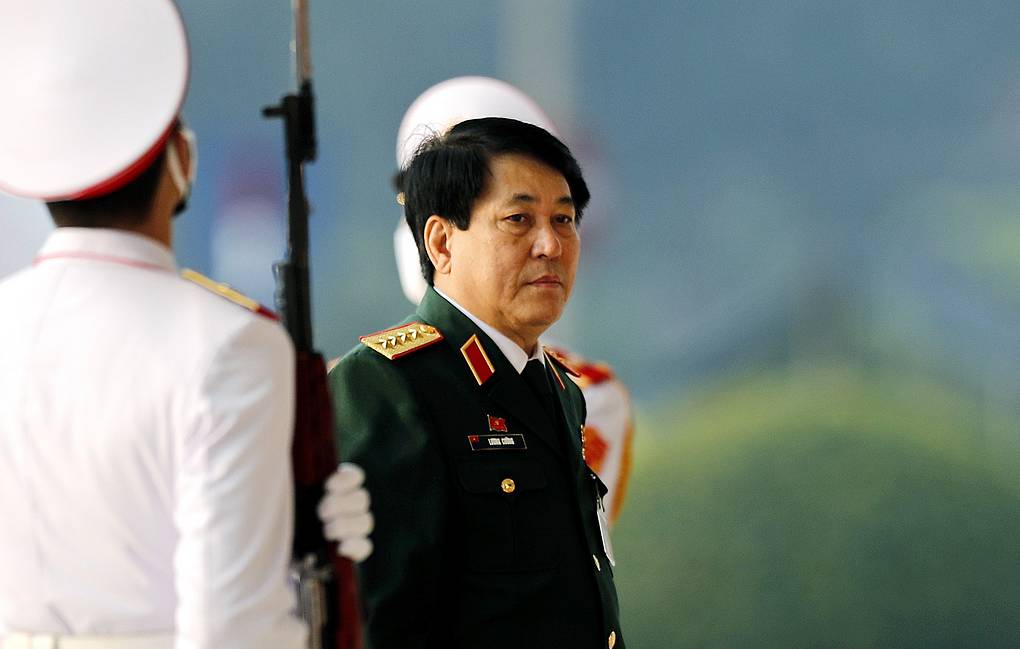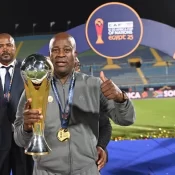
Vietnam’s parliament chooses an army general to be the country’s president
In a highly anticipated decision that is likely to provide some stability to Vietnamese politics following a period of departures and reshuffles, Vietnam’s parliament chose army general Luong Cuong as the country’s new state president on Monday.
Cuong, 67, succeeds To Lam, who was elected president of the one-party, Communist-run nation in May and later assumed the more influential position of party chairman after general secretary Nguyen Phu Trong passed away in July.
With the support of all 440 deputies present at Monday’s parliament session, Cuong was elected.
He pledged to strengthen defense capabilities and pursue an autonomous, multilateral foreign policy in his inaugural address.
He pledged to “strengthen national defence and security, build up an army force that is revolutionary, well-trained, nimble and modern” .
Although Vietnam has long sought to diversify its arsenal away from weaponry primarily manufactured in Russia, no noteworthy agreements have been revealed in recent years.
Prior to the election, Cuong was the fifth-highest ranked official in the nation, behind the party head, president, prime minister, and chairman of the parliament, thanks to his important role in the Communist Party secretariat. In addition, Cuong belongs to the Politburo, which is the party’s highest decision-making body.
The state president represents the nation in high-level talks with foreign dignitaries, but he or she has limited direct authority. Lam has met with the presidents of China, Russia, and the United States during his brief tenure as president.
SHARING OF POWER
Since the late Trong successfully increased the role’s authority during his 13-year term, the party chief has emerged as the most powerful person in Vietnam.
According to several diplomats, Lam’s decision to step down as president could be a sign of a power-sharing agreement inside the party. Lam was previously the head of police.
Vietnam’s political stability has long been commended by international corporations, who have made significant investments in the Southeast Asian nation for manufacturing focused on exports.
The recent unrest in the leadership amid an anti-corruption campaign that resulted in the resignation of one parliament chairman and two state presidents in the 17 months before to Lam’s election surprised many.
The new power-sharing structure is expected to continue until 2026, when a regular five-year reorganization of the political leadership will once more put all top positions up for grabs.
All Categories
Recent Posts
Tags
+13162306000
zoneyetu@yahoo.com



